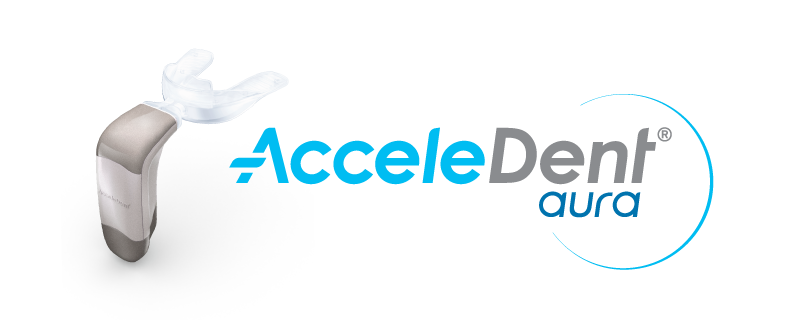Emergency Care
True orthodontic emergencies are extremely rare. However, when they do occur you might be surprised that many problems can be temporarily solved at home with items you already have around the house. Listed below are a few at-home solutions to common orthodontic problems that may arise during your treatment. As a general rule, you should always call our office when you experience severe pain or have trouble eating due to a problem with your braces. Rest assured that if we can’t help you resolve your problem at home, we'll be happy to schedule an appointment for you to come in to the office.

Loose band or bracket
In most cases, a loose band or bracket is caused from putting too much force on that part of your braces. This normally occurs from eating hard or crunchy foods that should not be eaten while in braces or from habits such as fingernail biting or chewing on pens or other hard objects. Therefore, you can normally avoid having this problem in the first place by following the instructions we give on how to take care of your braces.
In the event that a bracket or band does come loose, you should leave it in place if it is still attached to the wire. You may cover it with a piece of wax if needed to keep it from sliding around on the wire. If the bracket or band can be removed easily, place it in an envelope or plastic bag and save it to bring to your next appointment. In either case, always call the office to inform us of the breakage so that we can change your scheduled appointment to repair it if needed.

Loose or poking wire
At times a wire may start poking your cheek due to the movement of the teeth or may come out of one of your brackets. If it is causing pain or trouble eating, you can try to replace the wire or move it out of the way to relieve the discomfort by using a clean pair of tweezers. If you cannot move the wire into a comfortable position, placing a small piece of wax on the wire will often solve the problem.
If none of these solutions help, you can use a small clean fingernail clipper to cut the wire behind the last tooth to which it is securely fastened. If not done correctly this can cause damage to other parts of your braces so cutting the wire should only be done as a last resort.
General soreness
Some patients may experience general soreness or discomfort when their teeth begin moving for the first time and after some adjustment appointments. The teeth may also be tender to biting pressures for up to three to five days after appointments when new changes are made. If this happens to you, we recommend sticking to a soft diet until your teeth no longer feel sore when you chew.
If the discomfort is severe, ibuprofen works best to relieve mouth discomfort. However, it is important to note that use of ibuprofen and other over-the-counter medications may actually slow tooth movement, so long-term use is not recommended.

Irritations on the gums, cheeks or tongue
When you initially have something new placed in your mouth, you may notice that irritations on the gums, cheeks or tongue develop. Rest assured that your mouth will adjust to new changes fairly quickly and any irritations will typically heal on their own within a few days of your appointment.
You may wish to use a mouth rinse to help heal any irritations more quickly. For this, we recommend using either a warm salt water rinse or Peroxyl® rinse. Peroxyl® is a flavored hydrogen peroxide rinse that helps mouth sores heal more quickly and can be purchased at most drug stores. A salt water rinse can be made at home by dissolving one teaspoonful of salt in eight ounces of warm water.
Additionally, you may also place a small piece of wax on any areas of your braces that are irritating your cheek or tongue. Keep in mind that using wax too frequently can prolong the amount of time it takes for your cheeks and tongue to adjust to the appliances, so we recommend using it sparingly if possible.
Sharp or loose retainer or aligner
If your retainer or aligner feels sharp in a particular area, you can place wax on that part of your appliance. If you have a plastic retainer, you can also use a clean nail file to smooth down the area causing soreness.
If your retainer or aligner becomes loose or is not otherwise fitting properly, continue wearing it as best as you can and call our office as soon as possible to schedule an appointment to have your appliance checked.

After alleviating your discomfort, it is still important that you call the office as soon as possible so that we can assess the problem and determine if an appointment is necessary. Allowing your appliances to remain damaged for an extended period of time may result in disruptions to your treatment plan.
Our office also offers an "emergency kit" for patients in braces who will be out of town for an extended length of time. Please inform us of any upcoming trips and we would be happy to provide you with one.







